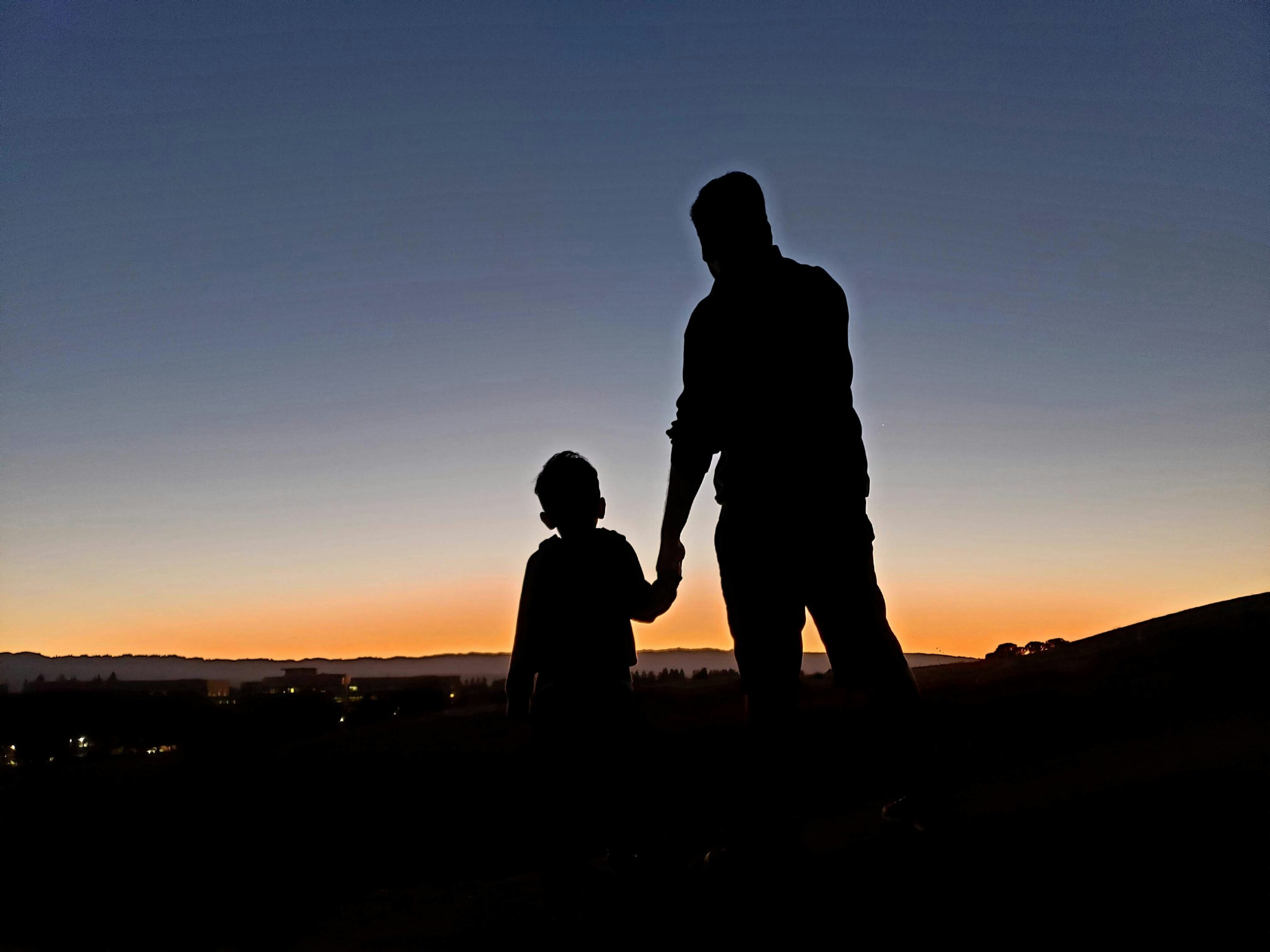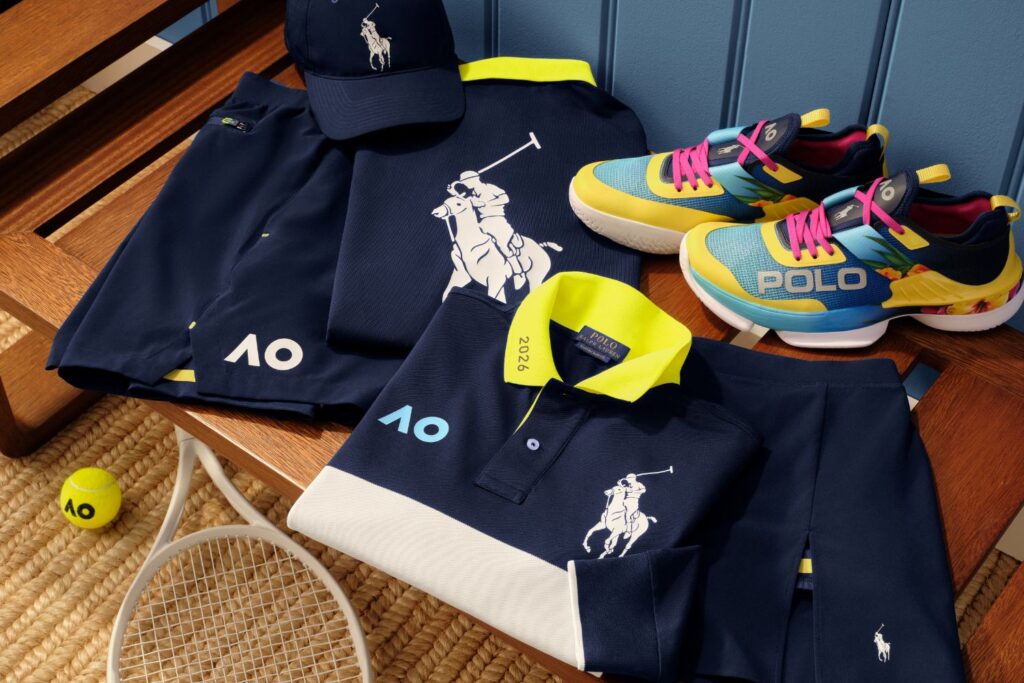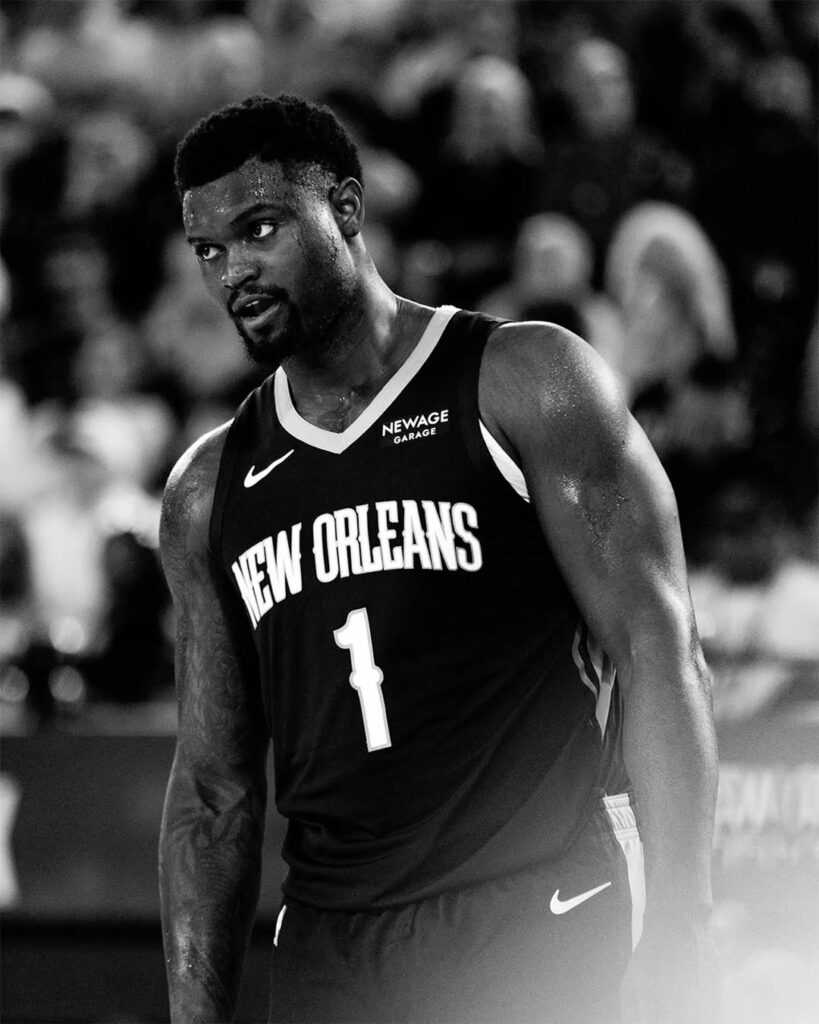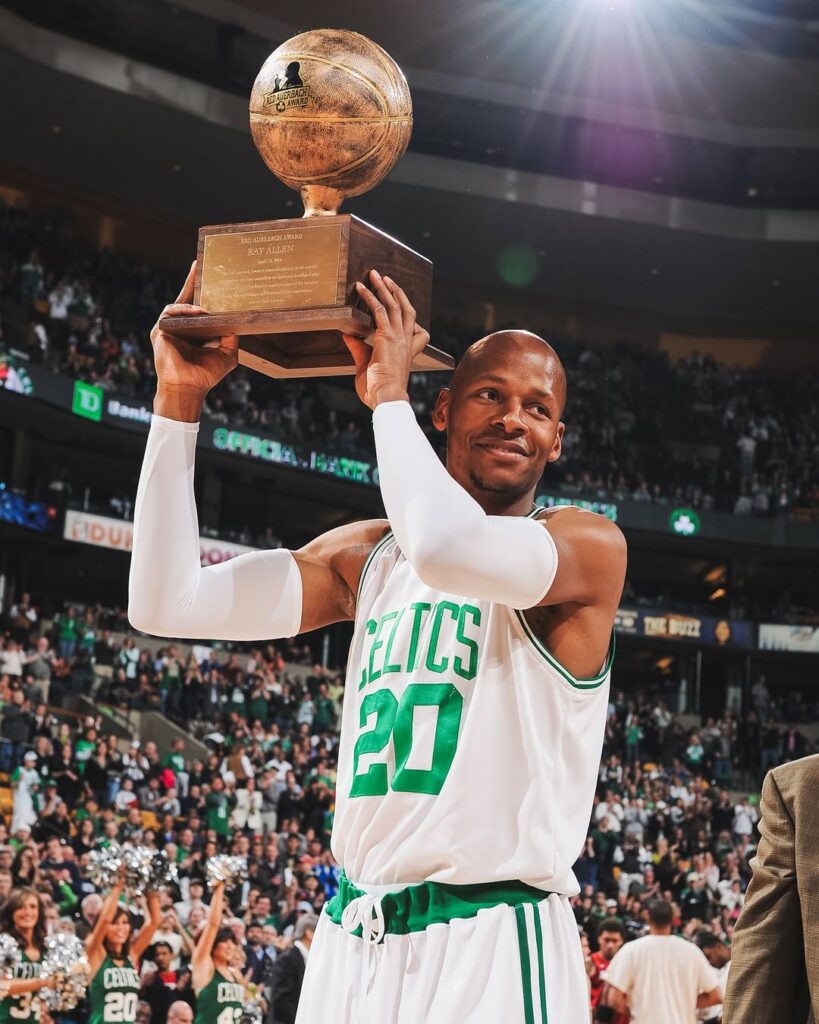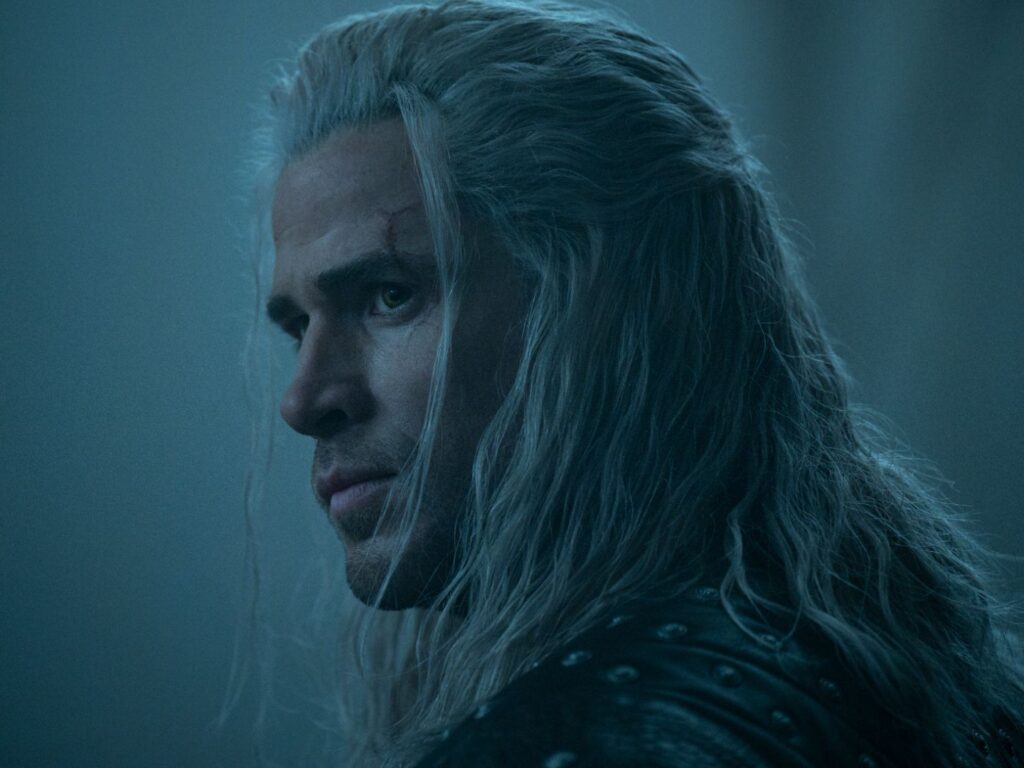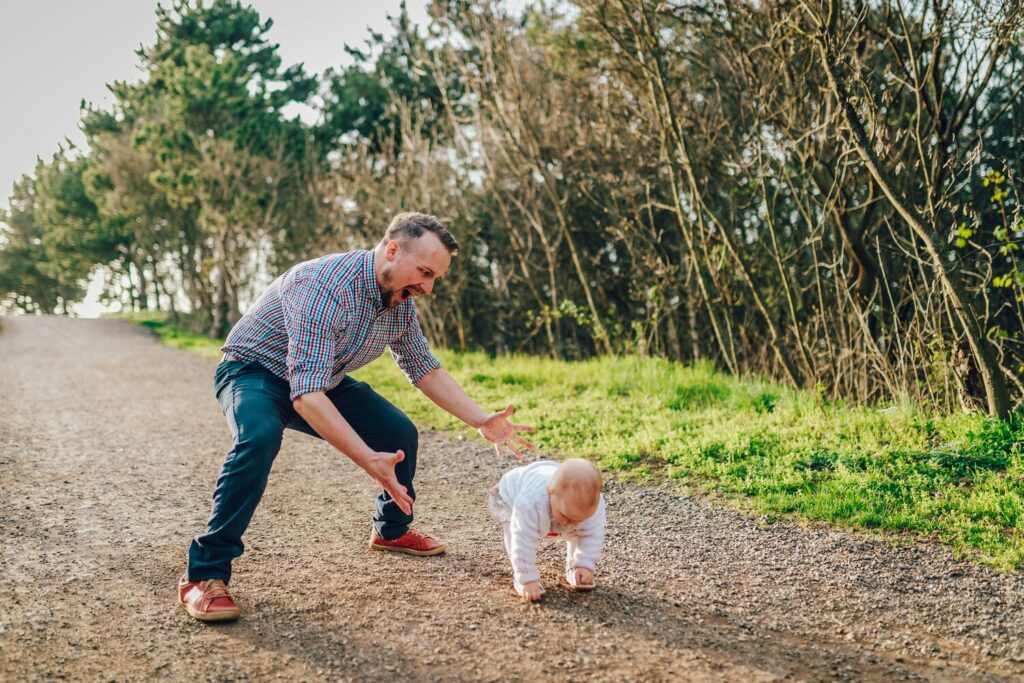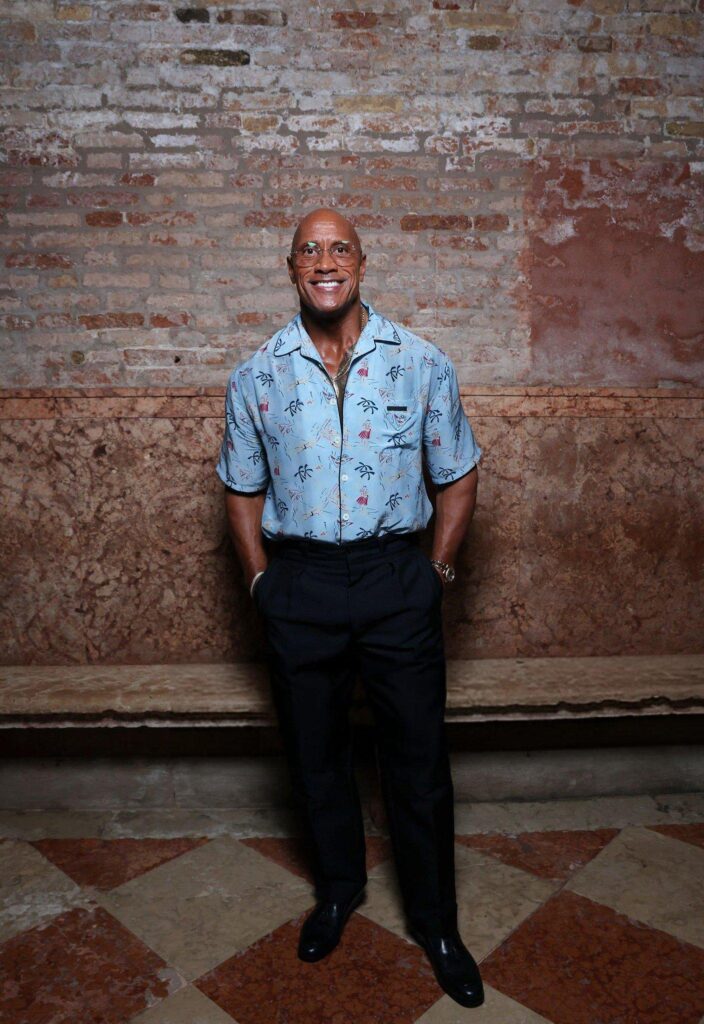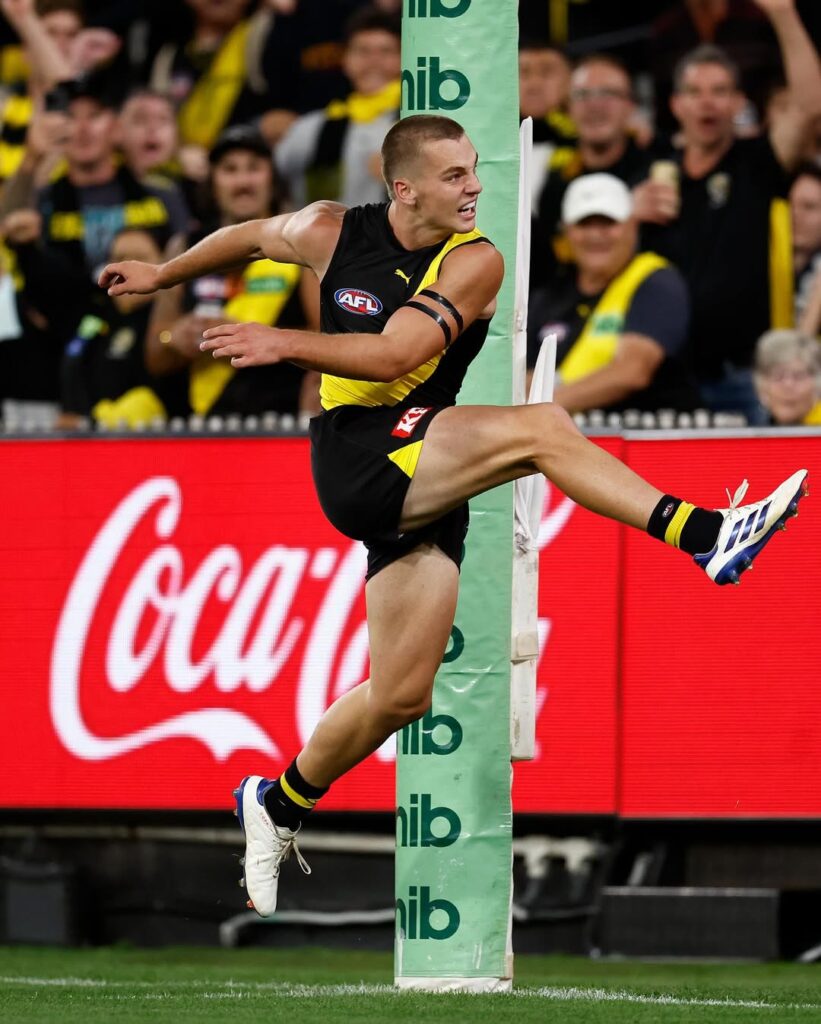FOR THE PAST 12 years I’ve spent Father’s Day thinking about my Dad. We make jokes at his expense, we reflect on whether my chest hair has now surpassed his in volume, we go over well-worn memories of how he was Beyonce’s doctor for a day, or how he put on accents to mimic his patients. We have attempted to build rituals on milestone days, to come together as a family, because we’ve learned that without active connection to the past, the future is pretty good at distracting you.
I don’t remember thinking about Father’s Day while Dad was alive. It’s often with loss that you gain the greatest perspective on what you had right there all along. Strangely, having a Dad takes on a whole new meaning when yours suddenly dies, and you are forced to grapple with a chasm that opens up inside you. You start to think of all the things you wished you’d done together, said to him, asked. Never have I felt this as acutely as this Father’s Day, the last before I become a Dad.
I’m having a son early in the new year. I’m equal parts stoked and shit scared for what lies ahead. I’ve spent the last decade supporting men through transitions in therapy, talking to new Dads about identity shifts, reflecting on their roles, their purpose and meaning in life, building healthy habits to ensure they stay afloat through the 1, 2 and 3am scaries with a newborn. I give advice for a living. So, I find myself in a disorienting place now wanting a sit down to learn all the tips, tricks and baby-hacks men around me can offer.
I’m not really sure that my Dad would have had all that much advice to give to be honest. It’s nice to romanticise his role in painting a nursery or answering my frantic questions in the early hours of the morning, but he’s likely to have leaned into generic hallmark sentiments men of his generation are prone to when faced with moments of vulnerability. He would have likely told me that “it’ll pass”, to remember “your wife always knows best” or “stay calm and be present”. But to be honest, after a dozen years, the edges start to blur on who the man was. It’s the part of grief no one tells you about. They let you know that it ‘gets easier with time’, but the manuals on Stages of Grief don’t tell you that your grasp on those little eccentricities, the tone of his voice, the sound of his laugh, the feeling of having him silently watching the cricket beside you in summer…the access to, and acuity of, those memories start to fade. At the end of the day, maybe that’s what grief really is. It’s Father’s Day decades into the future where your Dad becomes a faded caricature of the complex, crystallised man he once was.
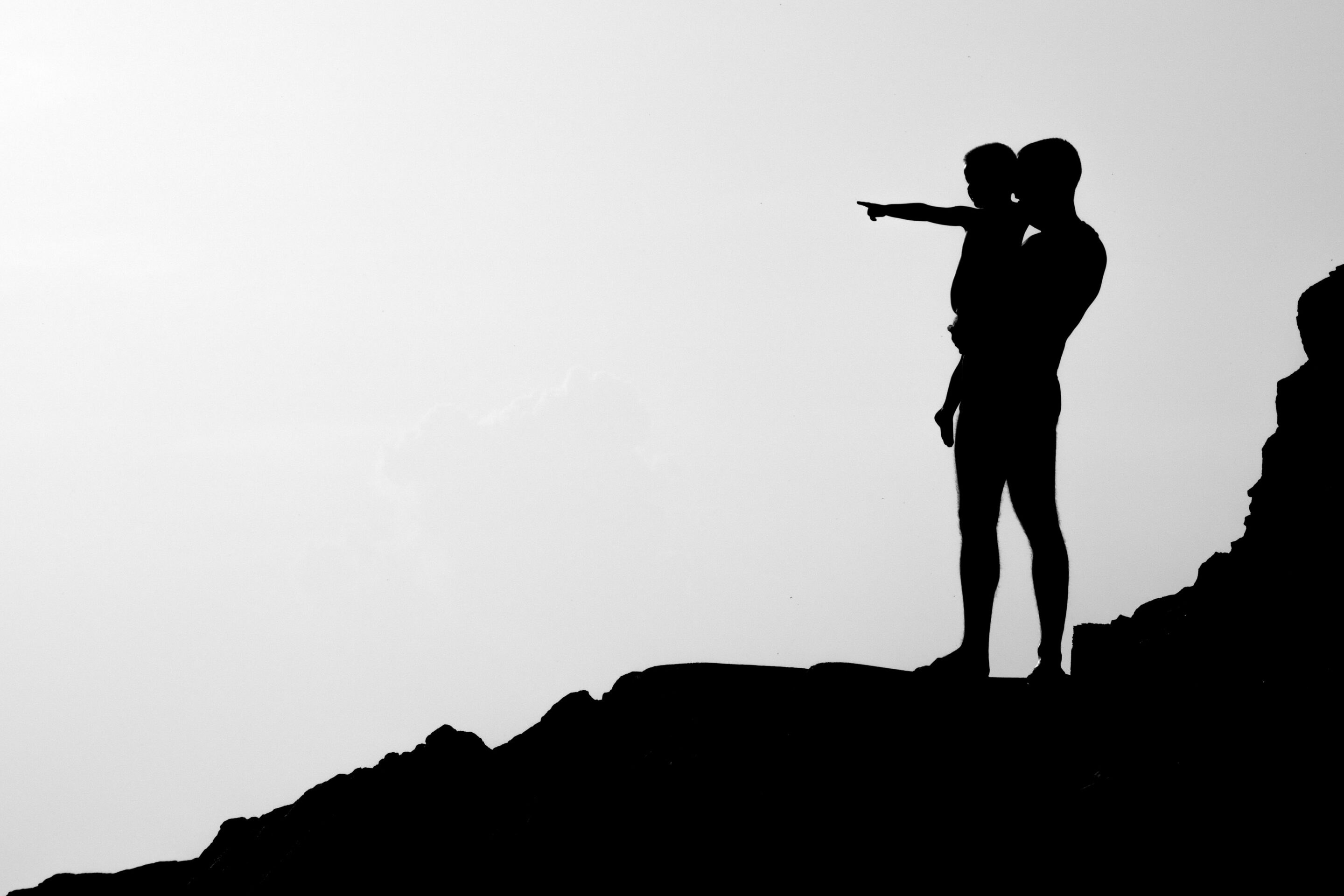
Unsplash
I’ve always loved any excuse to get closer to Dad, whether it’s reading his travel diaries, watching random interviews I find of him on YouTube or revelling in old family videos hearing his commentary behind the camera as he watches on as my brothers and I play a game of street soccer somewhere in Asia calling us “drongos” and “forever flatfooted”. I still go to the cemetery often just to feel something, to remind myself, ground myself in the reality that he’s not here.
When my wife told me she was pregnant, I felt a burning sensation in my chest and burst into tears. It was a realisation that I was forging a new access point to Dad, a way to put myself in his shoes, and know for sure that I’m feeling something he felt. It seems like having a child is going to be some kind of cosmic portal to Dad, a tunnel to the intergenerational knowledge bank of those who have gone before me. His advice feels like it’s being passed down to me through the struggles he went through, not wanting me to suffer, but to find my feet, embrace the messy mayhem, be willing to learn and accept defeat.
On this Father’s Day, I think the best way to honour Dad is to learn from his mistakes. I hope to be able to offer my son a fully realised, three-dimensional understanding of who I am with all my faults, regrets, passions and dreams for him to have on full display. Dad hid this from us, and everyone else. He was ashamed that he didn’t have it all together, that he couldn’t be perfect, but no child needs perfection. I’ve written enough about modern day manhood to know that to be a Dad today you have to embrace elements of the old and seek out the new. Having lost my Dad, maybe I’ve learnt the most important fatherhood lesson of all — that owning our imperfections is part of what makes us human and what fathers are meant to be.
Related:
Young men don’t need moral panic, they need our time and care




